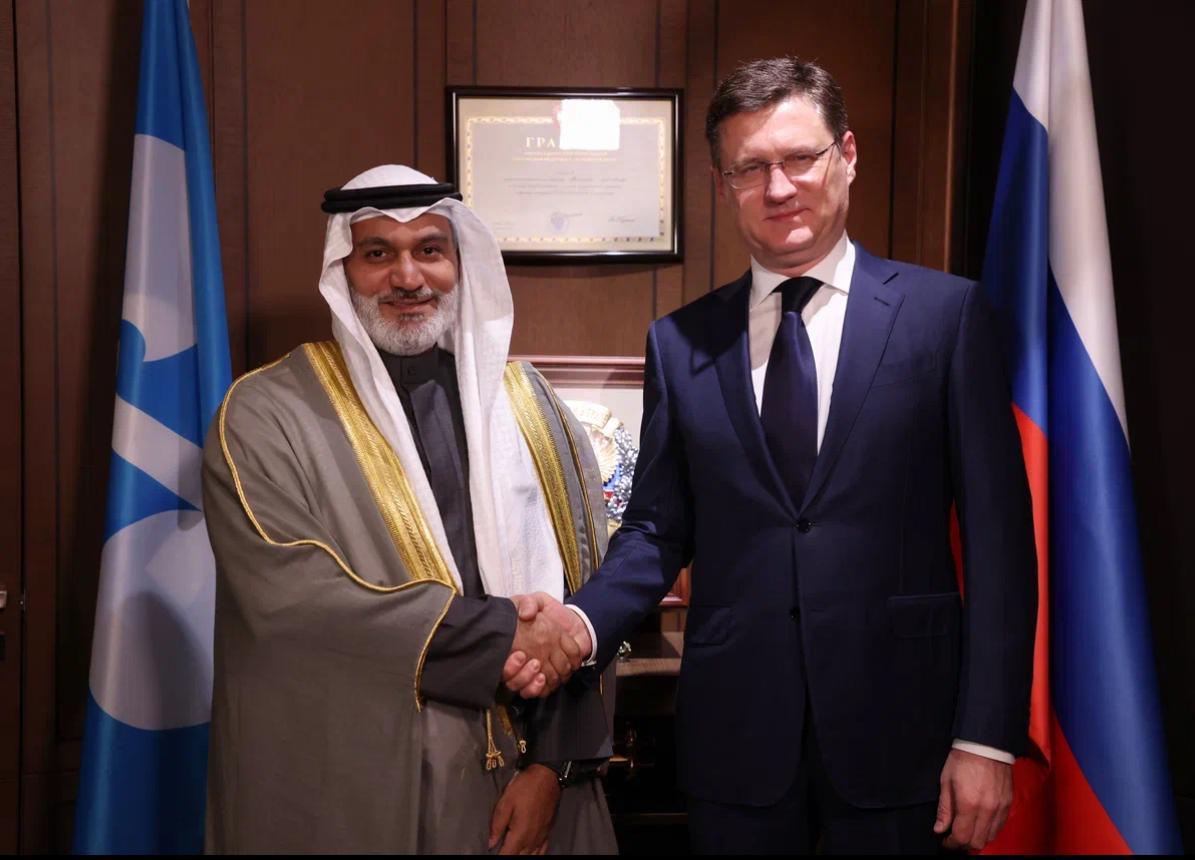The Secretary General of the Organisation of Petroleum Exporting Countries (OPEC), HE Haitham Al Ghais, has called for the provision of energy security for billions of people across the world.
Al Ghais who was speaking at the COP 29 in Baku, Azerbaijan, said there remain 685 million people around the world without access to electricity and 2.1 billion who continue to rely on unsafe and inefficient cooking fuels, thus the need for inclusion in leveraging all the available technologies, and ensure that the needs of all peoples around the world are taken into account.
“This means recognizing that the focus of the Paris agreement is reducing emissions, not choosing energy sources. It also means developing, transferring and financing all forms of viable technologies. And it means developed countries fulfilling their obligations to meet funding gaps and scale up climate finance,” he said.
In a statement, he stated that each party has the right to chart its own pathway to a sustainable future and the capacities, national circumstances and development priorities of all countries must be considered to ensure that no one is left behind.
More students’ hopeful as NELFUND disbursements hit accounts
Nigeria’s crude oil production in September drops by 33,000 barrels – OPEC
“It is clear, there is no ‘one-size-fits all’ prescription that can overcome our climate and energy challenges. Today, petroleum and petroleum-derived products continue to shape how we heat and cool our homes, construct our buildings and transport ourselves from ‘a’ to ‘b.’ so oil and gas remain vital to producers and consumers around the world.
“They impact how we produce and package and transport food and how we undertake medical research, manufacture and distribute medical supplies. I could go on forever.
“However, access to the benefits of these products benefits unfortunately often taken for granted and is far from universal.”
He added that the great challenge at hand is ensuring energy accessibility, meeting rising energy demand, enhancing energy security while maintaining energy affordability and reducing emissions, noting that OPEC had consistently advocated a balanced approach where nothing and no-one should be dismissed.

 Join Daily Trust WhatsApp Community For Quick Access To News and Happenings Around You.
Join Daily Trust WhatsApp Community For Quick Access To News and Happenings Around You.


